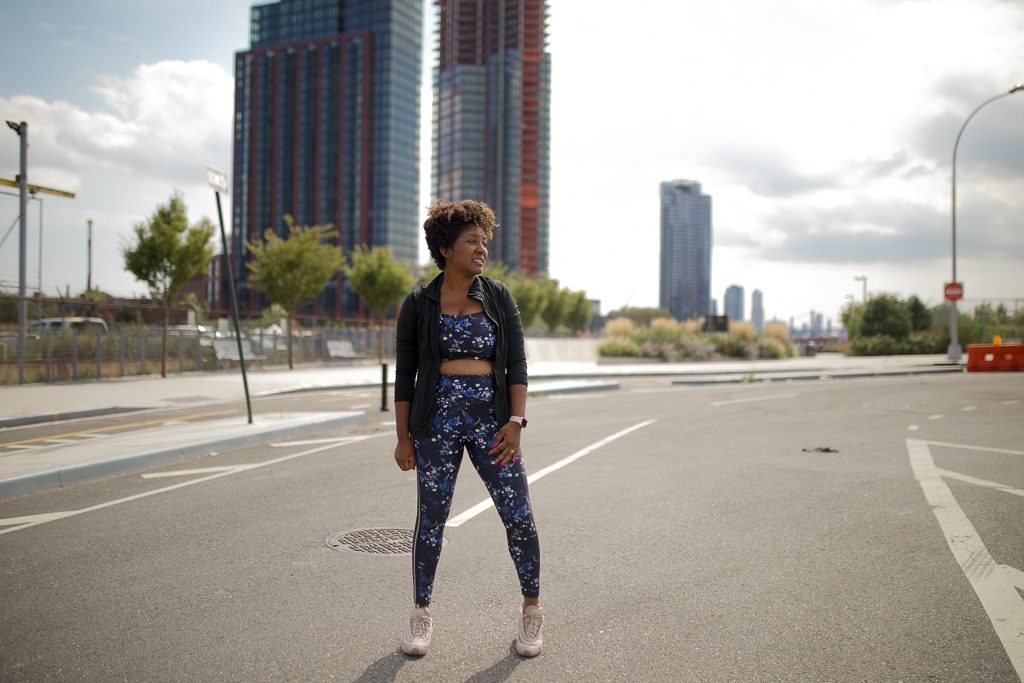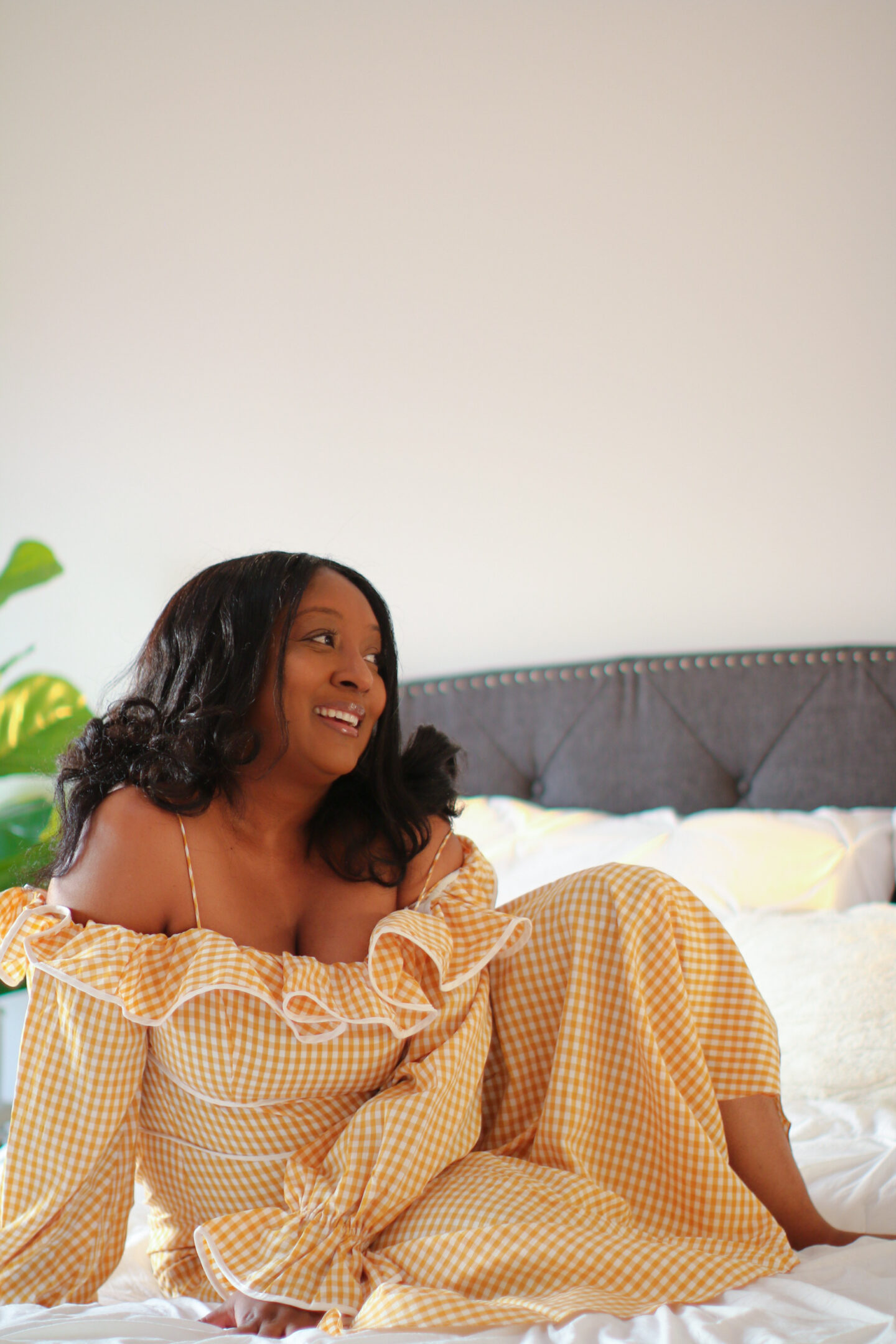
13 Ways to Reduce Anxiety Naturally
After giving birth to my third child, I experienced anxiety for the first time. While many of my friends describe going through postpartum depression, I had a case of postpartum anxiety. I thought it would go away once we got past the infant stage, but it didn’t, and I guess I learned to live it over the years. Just before my child turned two, I realized that I was also dealing with Seasonal Affective Disorder, and that’s when I sought out therapy. I’ve been seeing an art therapist for over two years now, and I’ve been able to work on healing a lot of my past trauma as well as not having recurring SAD symptoms. I’ve learned a lot in that time, and she’s shared some handy tools with me to reduce my anxiety naturally. I wanted to share a few of these tools with those who deal with anxiety, high stress, or panic attacks.
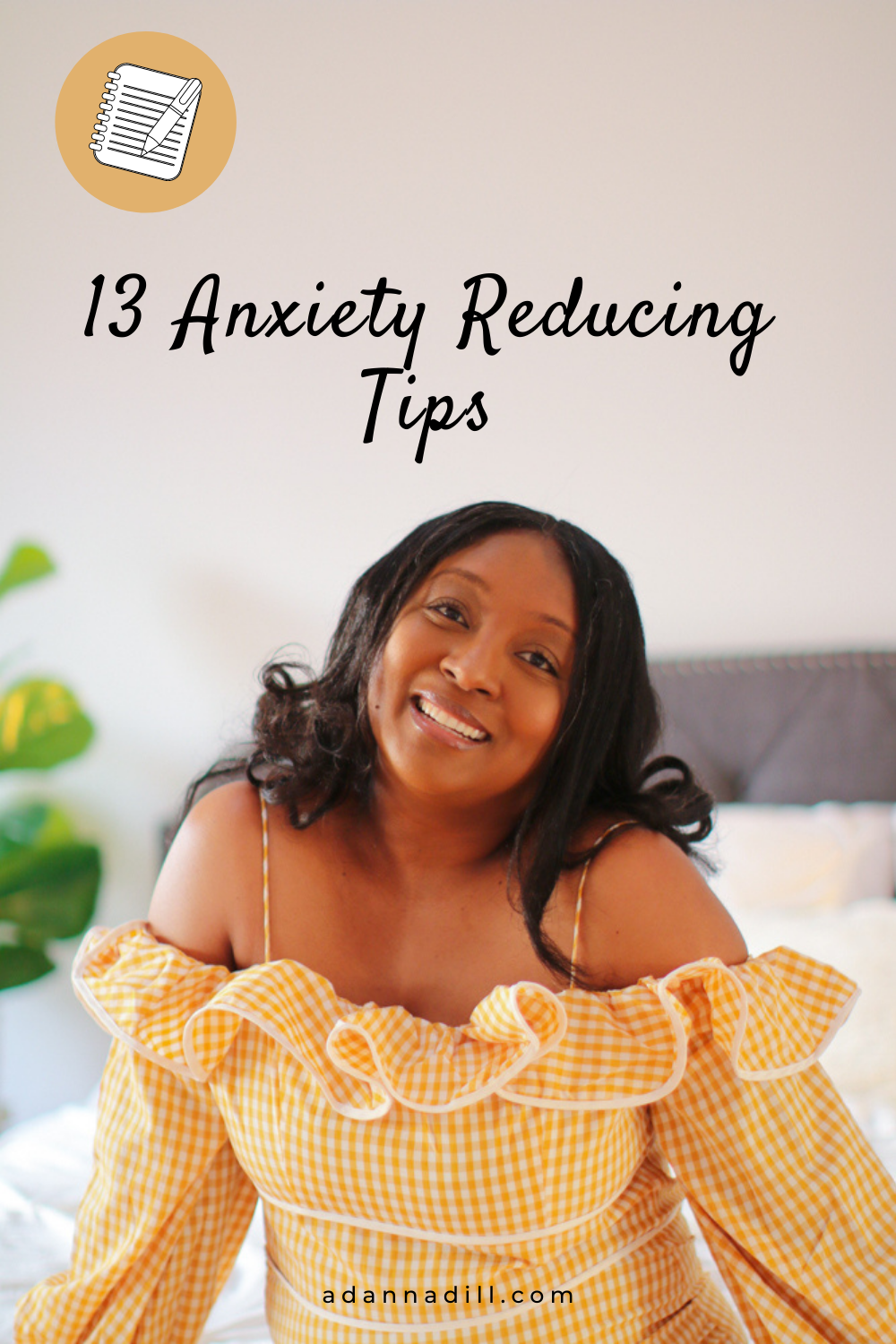
Supplements
I’ve become serious about taking supplements over the last year. I used to be very wishy-washy about taking them, but I’ve discovered that they help me feel my best. Supplements I take daily to reduce anxiety are Ashwagandha, L-theanine, and Vitamin B-Complex. I’ve also read that gut health is essential for reducing anxiety, so I take Seed symbiotic.
Meditation
In 2019, I became a big fan of meditating and started meditating daily and catching classes whenever I could look at meditation studios here in New York. The now-closed Inscape used to be my favorite, along with MNDFL, but I’ve tried many others. It is seriously nothing as incredible as a sound bath meditation. Since going to a studio isn’t possible for me, I listen to sound bath meditation sounds on Spotify while I meditate at home. You can also purchase your own singing bowls.
One thing a lot of people don’t tell you is that meditation can be challenging when you’re very anxious. On those days, I’ve found that mindful drawing meditations are the best way to calm myself, like I shared in this Instagram reel. If you don’t want to draw like me, you can get a few adult mindful coloring books like these.
Box Breathing
My therapist taught me to do box breathing, especially after dealing with panic attacks. Panic attacks can be scary, the first one I experienced was on the subway, and I was convinced I would stop breathing. I wasn’t sure what was happening, and I was scared, especially since I couldn’t get off the train, and we were in the tunnel under the East River. Here is a video with more information on box breathing and how to do it effectively.
Breathing Properly
While we talk about breathing, I would say that it’s only during the pandemic that I’ve realized how shallow I breathe at times and that I don’t breathe properly. I have a level of self-awareness now where I’m continuously checking to ensure that I’m breathing correctly. I was breathing with my neck and shoulders for as long as I can remember, and I felt so good breathing accurately that I even joked that I had never taken a breath before. Check out this video on how we should be breathing.
Yoga
I am far from a yogi, I’m not very flexible, and I’ve done only beginner yoga, but I’ve found some beneficial videos for feeling anxious. I tend to carry stress within my body, so restorative yoga is helpful.
Exercise
I’m trying to get myself back into a regular exercise routine, but as I’ve shared in the past, exercise is an effective way to reduce exercise. Please read this post about how exercise helped me with anxiety in the past.
Therapy
I’m a firm believer that everyone needs therapy; over the last year, I’ve had experiences that I was able to process with my therapist, I’ve also been able to heal some of my past traumas. I would highly recommend therapy to anyone who needs it.
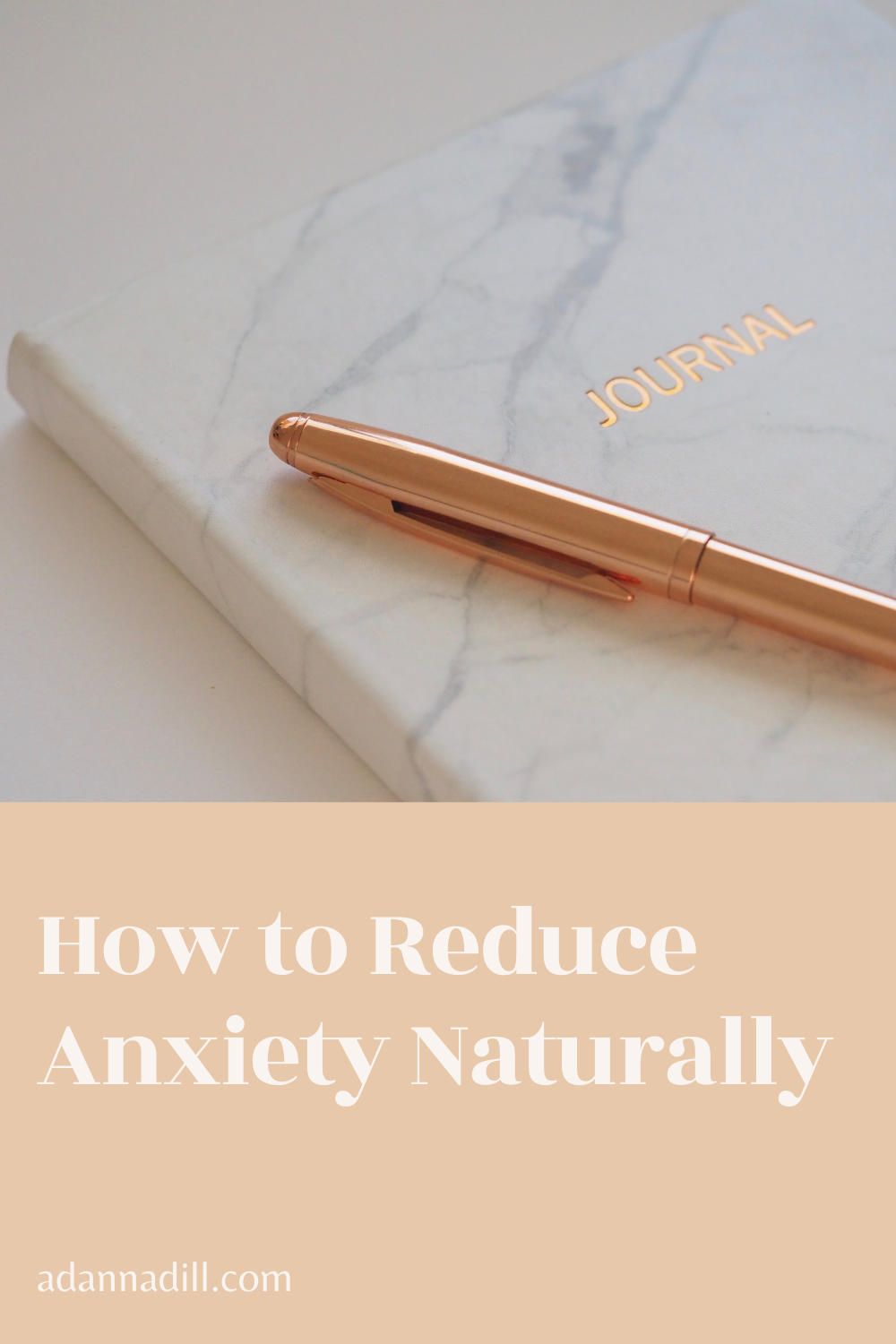
Journaling
My mental growth journey started when I began journaling almost ten years ago. It’s one of the best ways to organize my thoughts, do a brain dump and make sense of anything I am worried about. Whether you get a guided journal or you use a basic notebook, I think we should all have a journal. I also like doing a gratitude journal as well. As simple as it is, gratitude is a powerful antidote for anxiety.
Sleep
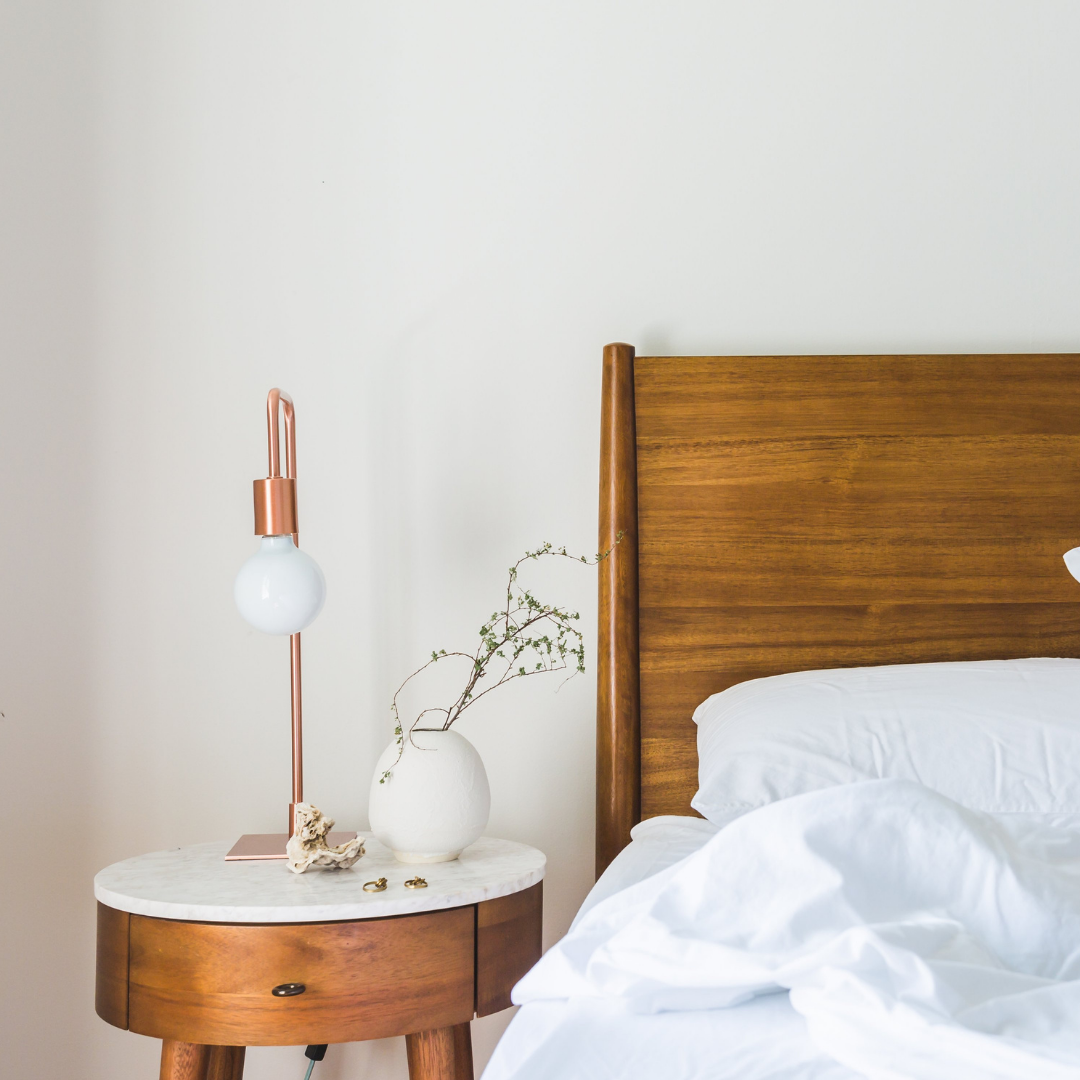
I know you’re probably reading this late at night because you CAN’T sleep, not because you don’t WANT to sleep, so I would share a few things that help me when I can’t sleep. For one, get off your phone/screens, or if you can’t avoid them use blue light glasses like Dreamers. I’ve also found that laying quietly and doing visualizations or reading a book helps me to drift off as well. If you can, take a nap during the day or sleep in whenever you can.
Music
Music really helps me reduce my anxiety! Since I was a kid, I’ve loved how music makes me feel, and I know I can always lean into music when I’m not feeling my best. I’ve found it helpful is making a few “happy” playlists on Spotify with my favorite songs. Soca and dancehall music specifically always makes me happy.
Diet
I think we all notice when we eat something and feel terrible after. Some foods make us feel bloated or gassy, but sometimes they can make us feel nervous and cloud our ability to think clearly. Three years ago, I cut meat from my diet for one year. I didn’t feel great after eating it; at the time, I felt better when I ate plant-based foods, so I listened to my body. I was still breastfeeding, and I realized that when I stopped breastfeeding, I felt much different and craved meat again. Shortly after cutting off meat, I also cut coffee from my diet because it made me feel hyper and unable to focus on anything. Take note of how things make you feel. Even if they’re things you think you need daily, there is always a substitute. I replaced my daily cup of coffee with matcha, and it’s been all good since.
Nature
I need to do more of this during colder weather, but spending time in nature is very helpful when you’re anxious. Leaning into a tree can help you find some relief, and some people believe you can transfer negative feelings into the tree. There is also a practice called grounding. I learned about it for the first time in 2018 and found that it’s very effective in helping me feel better. You have to stand barefoot, so it’s not something you can do in the winter. There is an energetic exchange for sure.
Socializing
I’m an introvert, so socializing isn’t something that I’m naturally drawn to, especially when I’m anxious, but I’ve found that done in a space where I feel safe and around people I trust is helpful. I think self-awareness is crucial here, though, because deciding to go to a party when you’re anxious might not be beneficial, but spending some time with just a few friends or family members can be.
I hope that these tips all help you reduce anxiety naturally. Try different tools, see if they work, and add them to your routine if they feel good for you. If you’re tried all of these and none of these work, don’t live in pain. Reach out to your healthcare provider and try to get help. While trying natural remedies is a great way to start, please seek them if you need medical help.
You may also like:
Does Exercise help Anxiety? Here’s my Experience.
